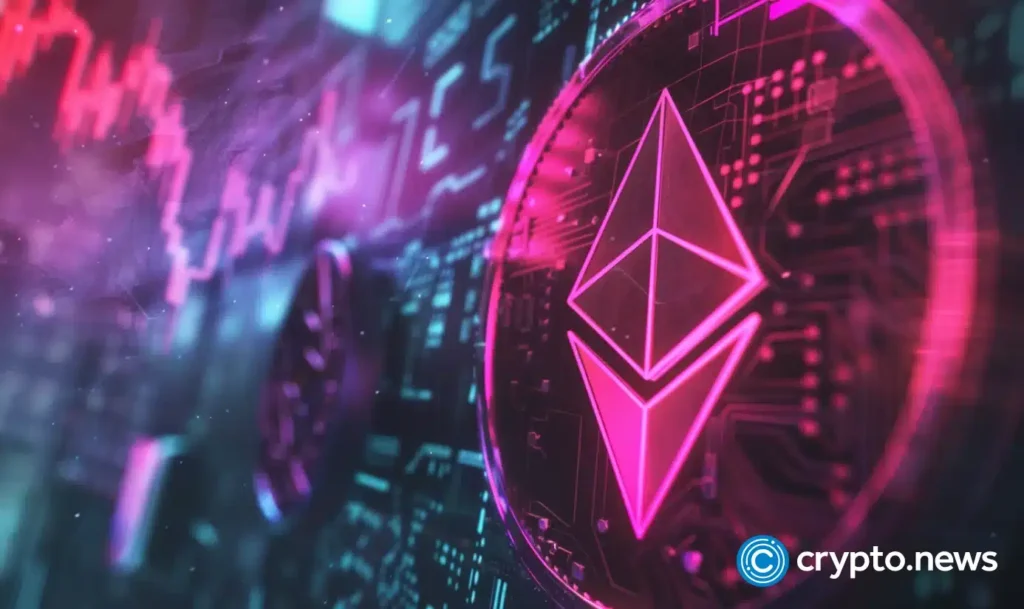In a recent analysis published by the DeFi Report, Ethereum network fees generated $261 million in the third quarter of 2024, down 47% from the last quarter. Ethereum’s layer 1 fees in Q3 were the lowest the network has seen since Q4 of 2020.
In “The ETH Report: Q3-24” released on October 16, Ethereum(ETH) layer 1 in Q3 2024 was found to be the lowest since 2020. The DeFi report believes this is due to the growth emerging layer 2 networks, the introduction of EIP 4844 and the decrease in new crypto users in the third quarter.
Additionally, the report found that Ethereum’s total locked value fell 14% during the quarter, but increased 133% over the past year. The token itself is down 21% this quarter, with more tokens issued than burned on the network.
In its analysis, the DeFi report said it predicted Ethereum fees to drop due to
the added EIP4844 update, the introduction of the modular Celestia data availability network as well as the appearance of new, cheaper data availability networks.
The launch of Uniswap Labs’ new layer 2 solution, Unichain, could also lead to more losses for Ethereum.
“The optics don’t look great. Fees are falling. Inflation is rising. Uniswap (controls 20% of gas fees for Ethereum validators) is now building its own L2,” the DeFi report said in its latest analysis.
DeFi Report founder Michael Nadeau said Ethereum validators could take advantage of the opportunity to increase transactions and burn more tokens by reducing fees, which could boost demand for tokens and generate more benefits for the network.
“We consider this a win, win, win for app developers, users, and validators or holders of ETH. That said, as L2s evolve, we expect there to be a period where revenue from L1 validators will drop until the new supply of block space is eventually filled by new cases of use coming to market,” he wrote in The Ethereum Investment Framework.
Earlier this week, Nadeau commented in an article that Ethereum token validators and holders could lose approximately $368 million in settlement fees paid by Uniswap with the launch of Unichain. Instead, the funds will go to Uniswap Labs and eventually Uniswap token holders.
ETH token holders could also incur losses due to the protocol burning less ETH and assigning settlement fees to UNI token holders.




